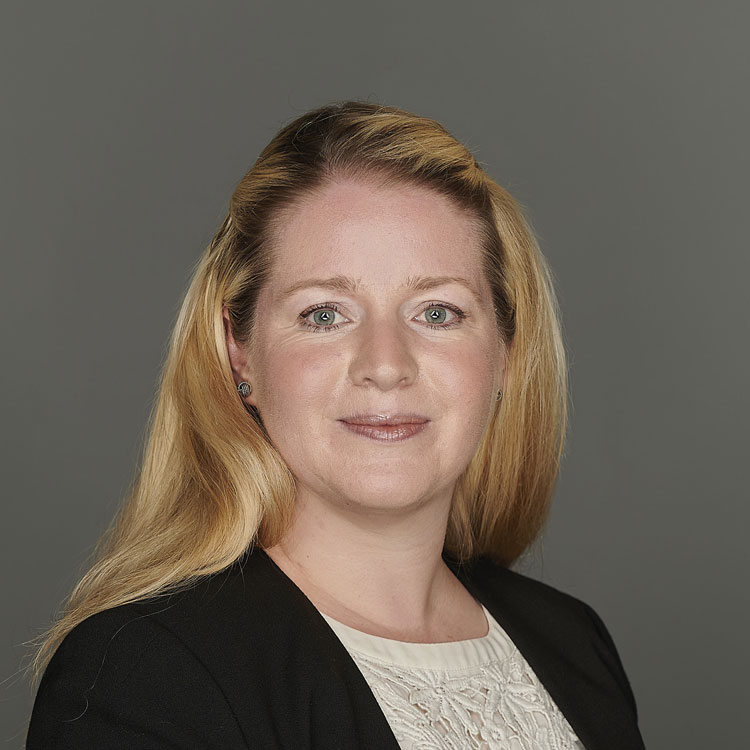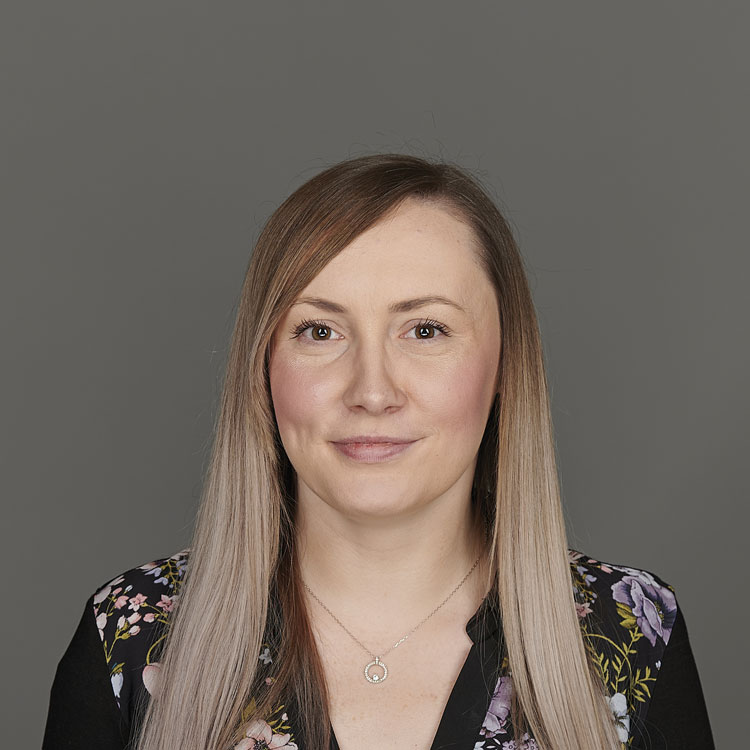We are the leading firm in Essex for child representation. Our award-winning Family Law Team here at Jefferies are experts in the sensitive topics and matters that surround Family Law.

Renters’ Rights Bill 2025: Royal Assent makes Landlords Lament
After much awaited anticipation, 28 October 2025 marks a watershed moment in the regulation of the private rented sector: the Renters’ Rights Bill (or the









